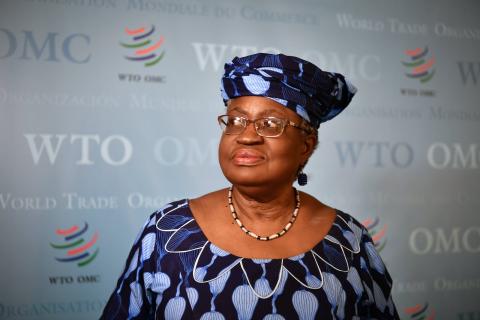Free trade agreements (FTAs) are back. After a lot of bureaucratic blood sweat and tears, Australia and China have signed a Declaration of Intent, and now both sides will prepare legal texts of the Agreement. This appears part of a broader pattern for China, which reportedly is becoming more frustrated with multilateralist attempts to free up trade through the WTO.
We are told that dairy, wine, and services are big winners. Maybe there are others. We are told that the agreement could be worth $18 billion.

But to be frank with you, any number bandied about right now is guesswork (OK, most economics is guesswork, but in this case, people are guessing the guess). The $18 billion number appears to come from a study that is ten years old. Much has changed since that point. China is a much larger economy than ten years ago, so it is possible that the benefits for our exporters are larger than calculated in that study. On the other hand, tariff rates in China have come down a bit, limiting the boost from liberalisation. Also, since that time the industrial structure and competitive environment has changed in both countries, which will affect the parameters used in the modelling.
Furthermore, the agreement modeled 10 years ago is very different to the agreement we will sign. Big issues appear to be the exclusion of sugar and rice, although it is difficult to tell without running the numbers.
In any case, suppose we take the report at face value. The modelling suggests the agreement will boost GDP growth by 0.04% per year for 10 years. Trend GDP growth is around 3% per year, so 0.04% really does not look like much. In fact, at trend growth, that is how much the economy grows in 5 days. Let me emphasise this point: it is not that the FTA is worth 5 days' worth of output. It is worth the difference between GDP today and GDP in 5 days' time. We should all just calm down a little bit.
In my next post, I will describe why the benefits of FTAs can in fact be negative. And why the political process is geared to deliver agreements of this type.
